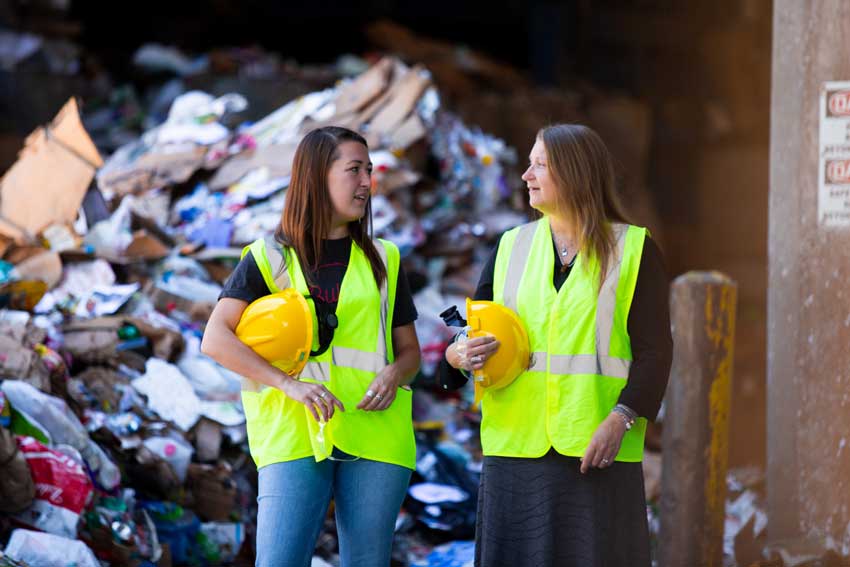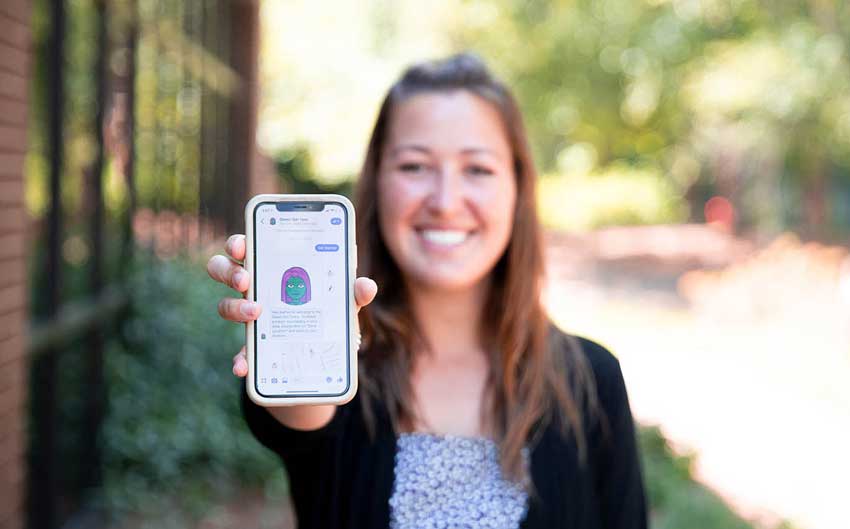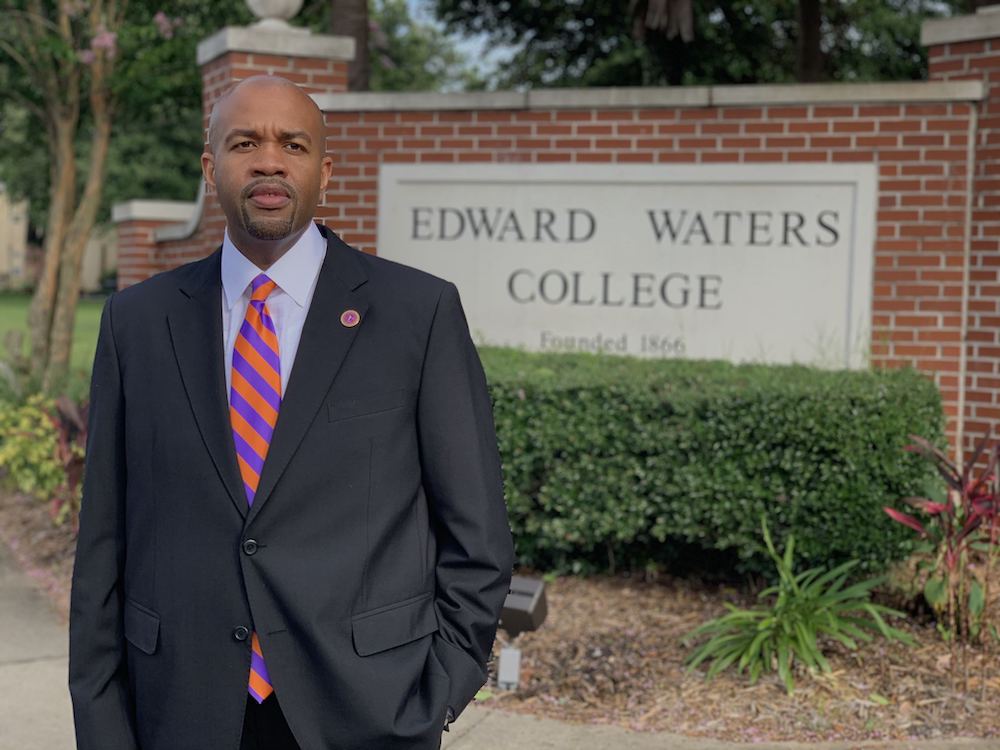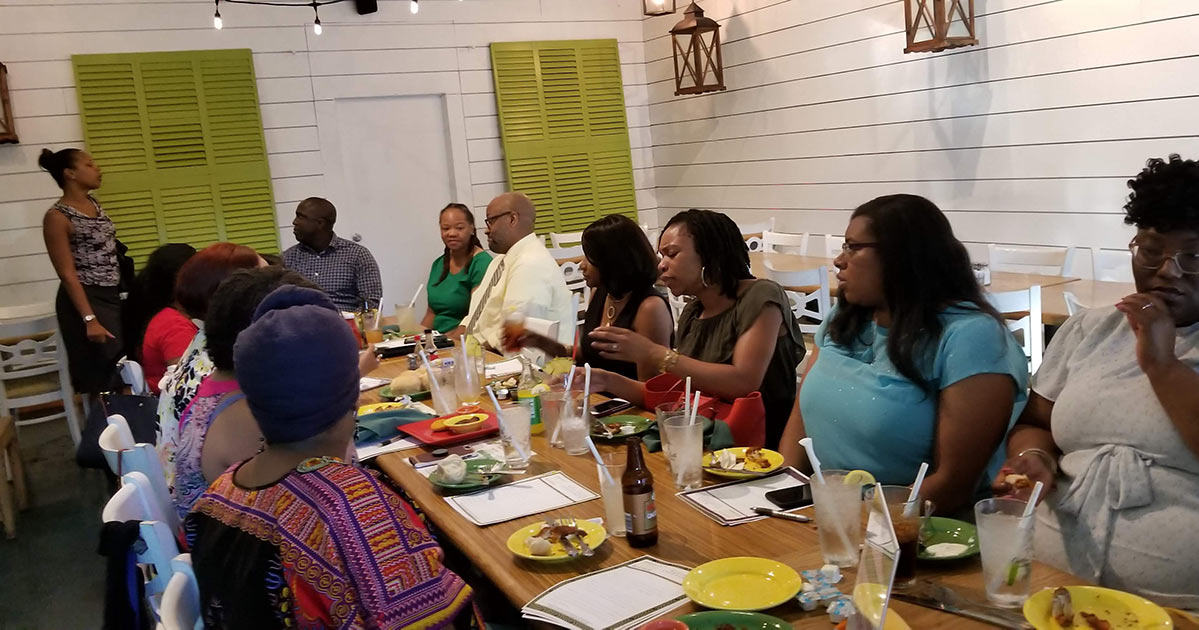UGA Alumni Association unveils the 2021 Class of 40 Under 40
Alumni Association recognizes outstanding graduates under the age of 40
The University of Georgia Alumni Association has unveiled the 40 Under 40 Class of 2021. This program celebrates the personal, professional and philanthropic achievements of successful UGA graduates under the age of 40. The honorees will be recognized during the 11th annual 40 Under 40 Awards Luncheon Sept. 10 in the Tate Student Center on campus.
This year’s outstanding group of young alumni includes a Major League Soccer communications director, United States Air Force commander, 11Alive News anchor, White House senior policy advisor and an award-winning writer.
“We are excited to unveil this year’s class of 40 Under 40 and welcome them back home to Athens for the awards luncheon in September,” said Meredith Gurley Johnson, executive director of alumni relations. “I continue to be amazed by the excellence of our young alumni. These outstanding individuals exemplify leadership in their industries and communities.”
Nominations for 40 Under 40 were open from February to April, and more than 400 nominations were received for this year’s class. Honorees must have attended UGA and uphold the Pillars of the Arch, which are wisdom, justice and moderation. Additional criteria are available on the UGA Alumni Association website.
“This year’s honorees highlight the transformational work UGA graduates are doing early in their careers,” said Meredith Gurley Johnson, executive director of alumni relations. “Among this year’s class are individuals who are solving some of the greatest challenges facing our country and the world. During a particularly challenging year, we are especially proud to call them members of the Bulldog family.”
The 2021 Class of 40 Under 40, including their graduation year(s) from UGA, city, title and employer, are:
Angela Alfano (ABJ ’10, AB ’10), New York, New York, senior director of corporate communications, Major League Soccer
Jennifer Bellamy (ABJ ’08), Atlanta, anchor, 11Alive News
Lauren D. Bellamy (AB ’04, JD ’07), Atlanta, senior associate general counsel, Grady Health System
Greg Bluestein (AB ’04, ABJ ’04), Dunwoody, Georgia, political reporter, Atlanta Journal-Constitution
Marie Greene Broder (AB ’06, ABJ ’06, JD ’10), Griffin, Georgia, district attorney, Griffin Judicial Circuit
Gayle Cabrera (BBA ’06), Cary, North Carolina, market president, SVP, Truist
Mario Cambardella (BLA ’06, MEPD ’11, MLA ’13), Chamblee, Georgia, founder/CEO, ServeScape
Shontel Cargill (BS ’10), Johns Creek, Georgia, assistant clinic director, Thriveworks
Rebecca Chancey (BS ’04), Atlanta, Georgia, lieutenant commander, Centers for Disease Control and Prevention, U.S. Public Health Service
Carter Coe (MFR ’11), Atlanta, managing partner, Chinook Forest Partners
Harin J. Contractor (AB ’04, AB ’04), Washington, D.C., senior policy advisor, National Economic Council at the White House
Tunisia Finch Cornelius (BS ’04), Atlanta, doctor, Divine Dermatology & Aesthetics
William Flowers Crozer (JD ’12), Washington, D.C., vice president, BGR Group
Jennifer A. Crozier (BS ’06), Ponte Vedra Beach, Florida, assistant professor and director of breast cancer research, Baptist MD Anderson Cancer Center
David A. Dy (BS ’03), Tuscola, Texas, commander, 7 Operational Medical Readiness Squadron, United States Air Force
Keith Giddens (MACC ’04), Charlotte, North Carolina, market managing partner for Charlotte, Dixon Hughes Goodman
Eric Gray (BSED ’04), Atlanta, executive director, Catalyst Sports Inc.
Cody Hall (AB ’15), Dawsonville, Georgia, director of communications, Office of the Governor
John Hyer (PHARMD ’12), Murphy, North Carolina, CEO and owner, King’s Pharmacy
Whitney Ingram (BS ’11, PHD ’16), Albuquerque, New Mexico, R&D S&E electronics engineer, Sandia National Laboratories
Ryan Loke (AB ’16), Atlanta, deputy chief operating officer, Office of the Governor
Josh Mackey (AB ’05), Atlanta, partner/founder, Capital City Public Affairs
Ana Maria Martinez (BBA ’04), Decatur, Georgia, president/staff attorney, Georgia Latino Law Foundation/DeKalb State Court
Willie Mazyck (BSED ’04, MED ’06, MBA ’14), Atlanta, senior vice president of talent development, XPO Logistics, Inc.
Anna Wrigley Miller (AB ’14), Watkinsville, Georgia, general government division manager, Governor’s Office of Planning and Budget
E. Heath Milligan (BSFCS ’05), Marietta, Georgia, principal, Macallan Real Estate
David W. Okun (AB ’12, AB ’12), Alexandria, Virginia, country officer, U.S. Department of State
Jitendra Pant (PHD ’18), Ann Arbor, Michigan, scientific research fellow, University of Michigan
Biren Patel (MBA ’12), Macon, Georgia, founder and president, Biren Patel Engineering LLC
Doug Reineke (AB ’05), Atlanta, director of state government relations, CareSource
Victoria Sanchez (AB ’08, MA ’10), Washington, D.C., special assistant, U.S. Department of State
Terrel Sanders (BS ’05), Accra, Ghana, lieutenant commander, lab director, Infectious Diseases, Global Health Engagement, U.S. Naval Medical Research Unit No. 3 Ghana Detachment
Josh Sandler (BBA ’09), Nairobi, Kenya, co-founder and CEO, Lori Systems
Hilary Shipley (BSFCS ’04), Savannah, Georgia, principal, Colliers International Savannah
Bowen Reichert Shoemaker (ABJ ’06), Macon, Georgia, assistant united states attorney, U.S. Attorney’s Office
Cara Winston Simmons (AB ’03, MED ’07, PHD ’18), Athens, director and adjunct faculty, University of Georgia
Daniel W. Stewart (BSFCS ’05), Augusta, Georgia, president and COO, Wier / Stewart
Brittany Thoms (ABJ ’04), Watkinsville, Georgia, president, co-founder, See.Spark.Go
Tracey D. Troutman (BSA ’07, MAL ’08), Washington, D.C., director, Office of Outreach, Diversity and Equal Opportunity, United States Department of Agriculture, Agricultural Research Service
Raquel D. Willis (ABJ ’13), Brooklyn, New York, writer, activist

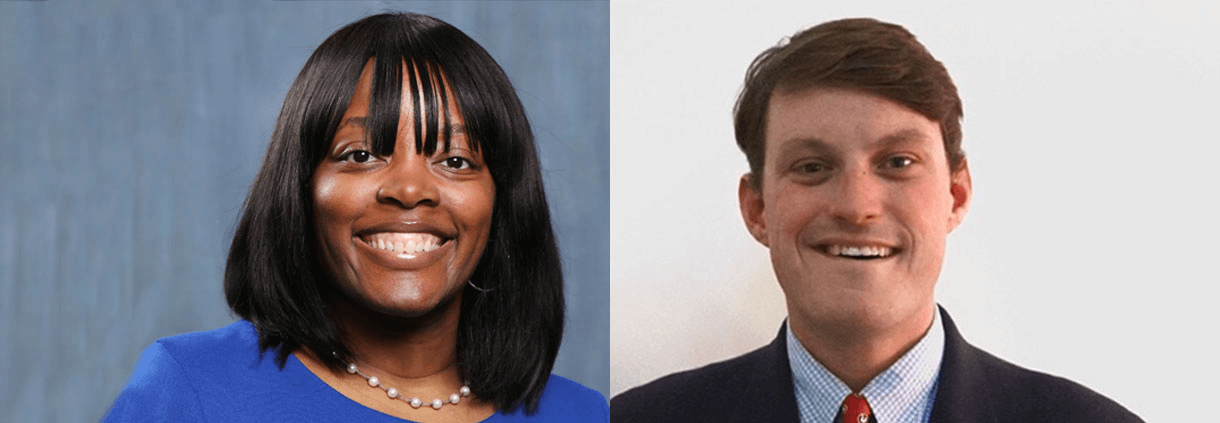
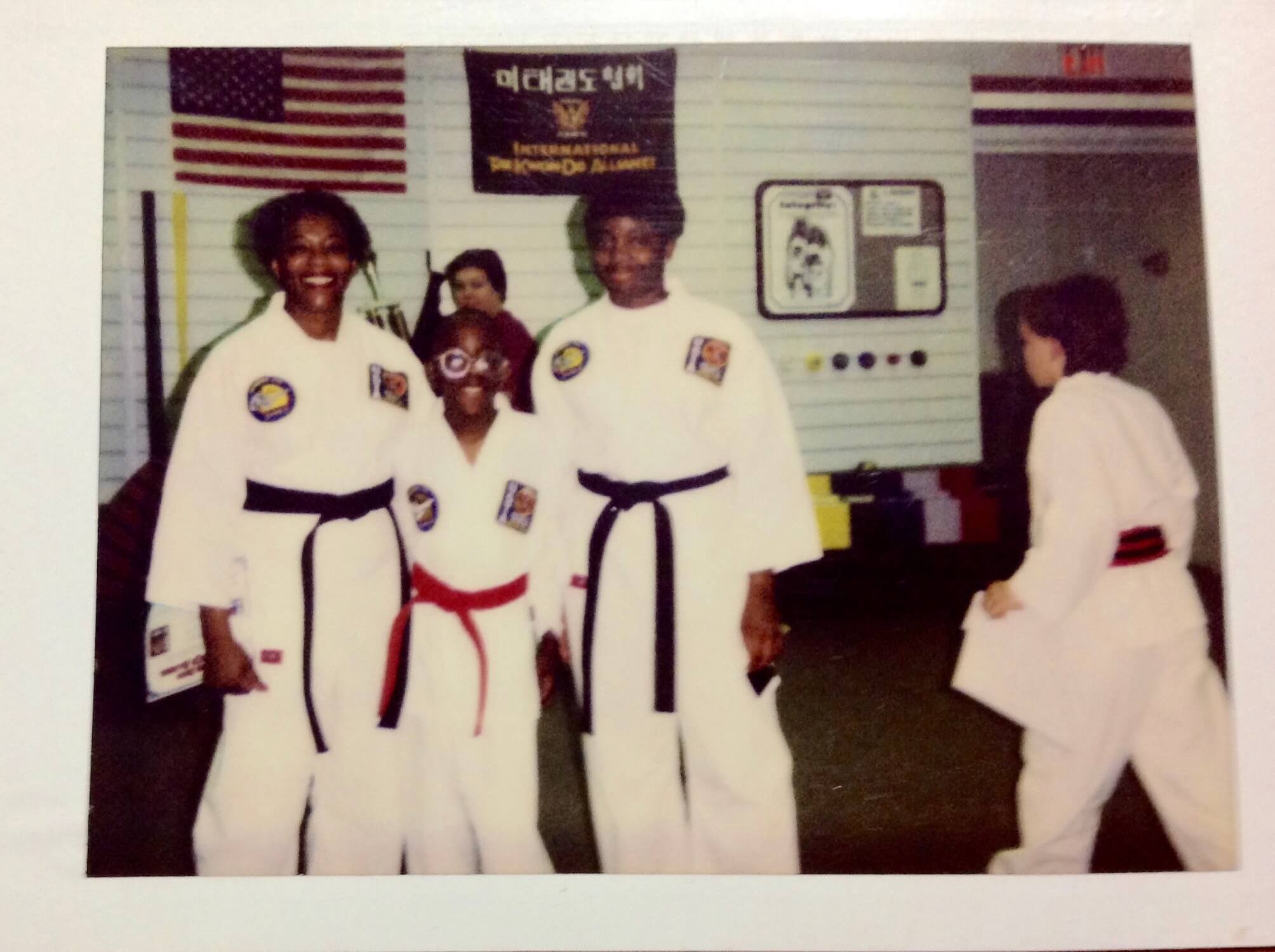
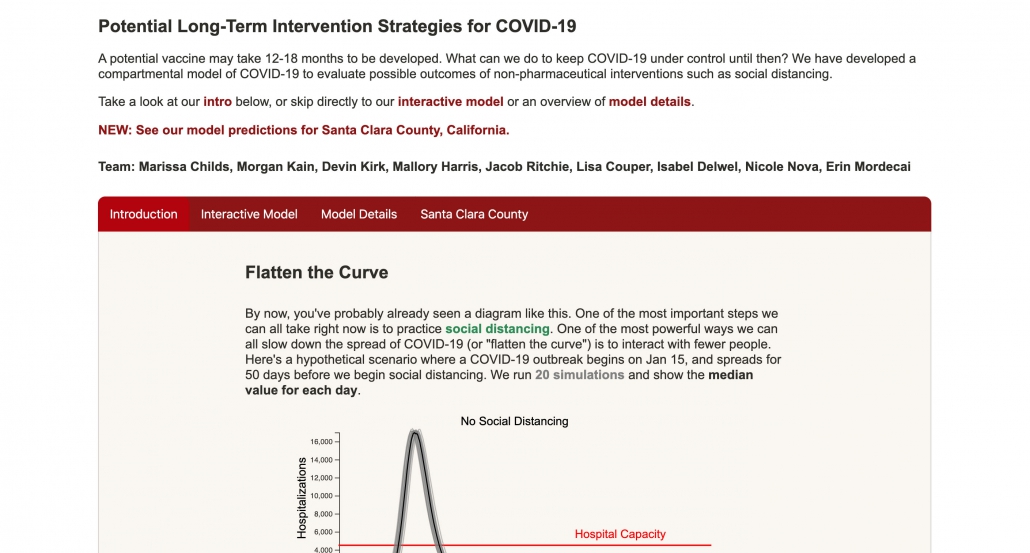
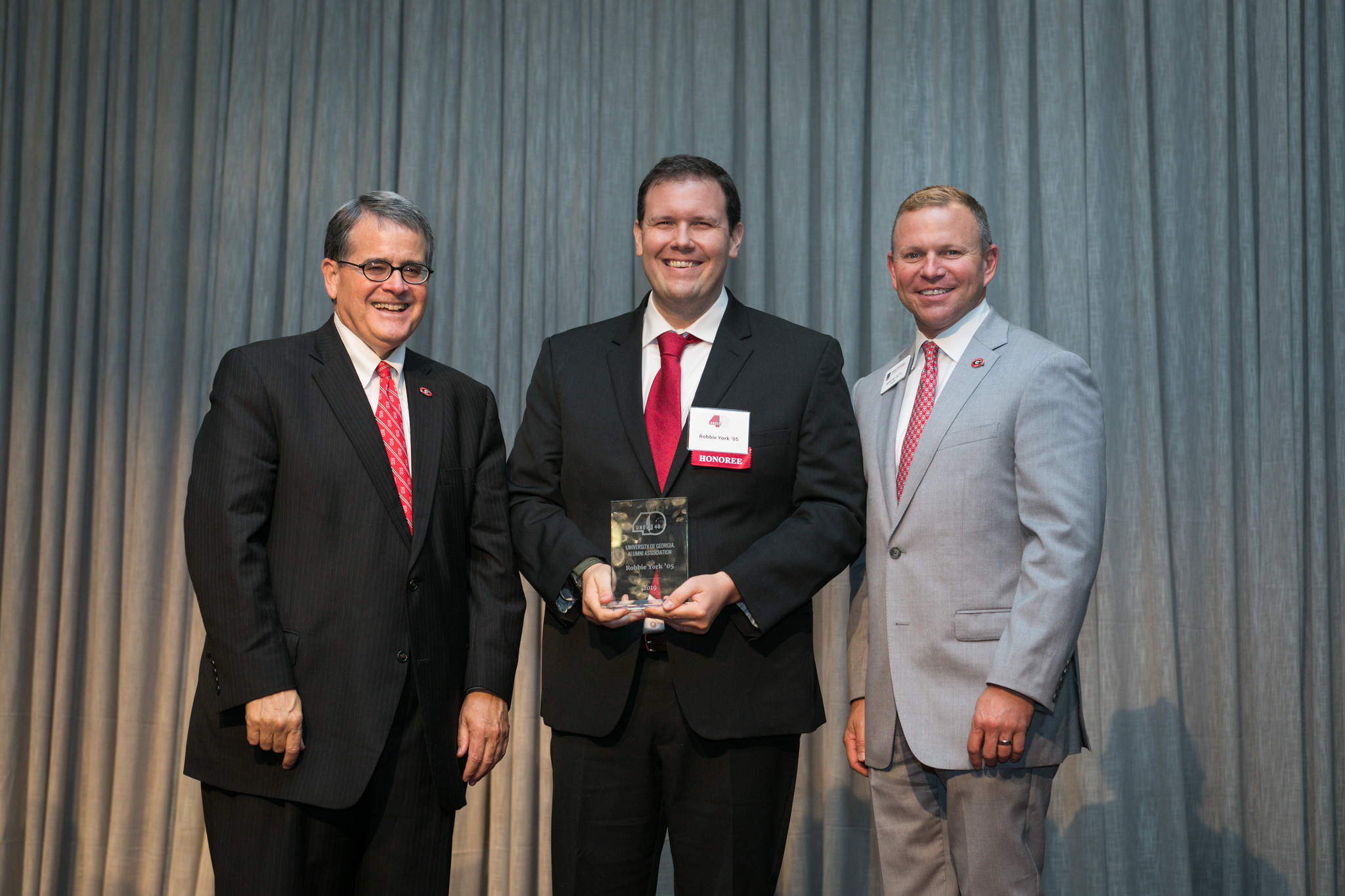
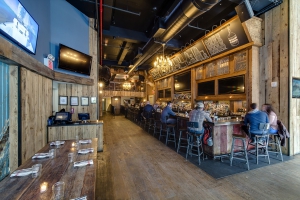
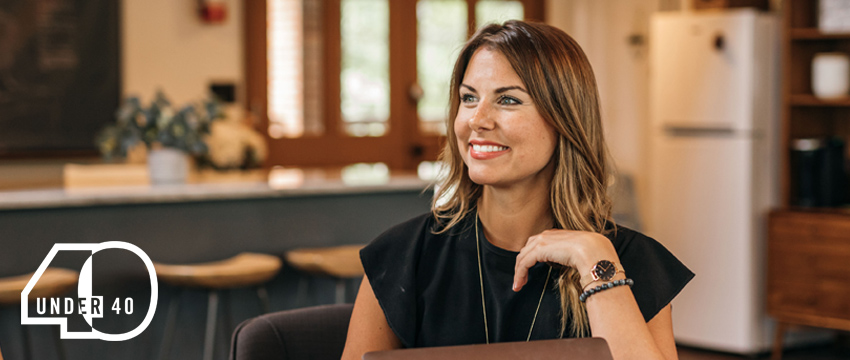
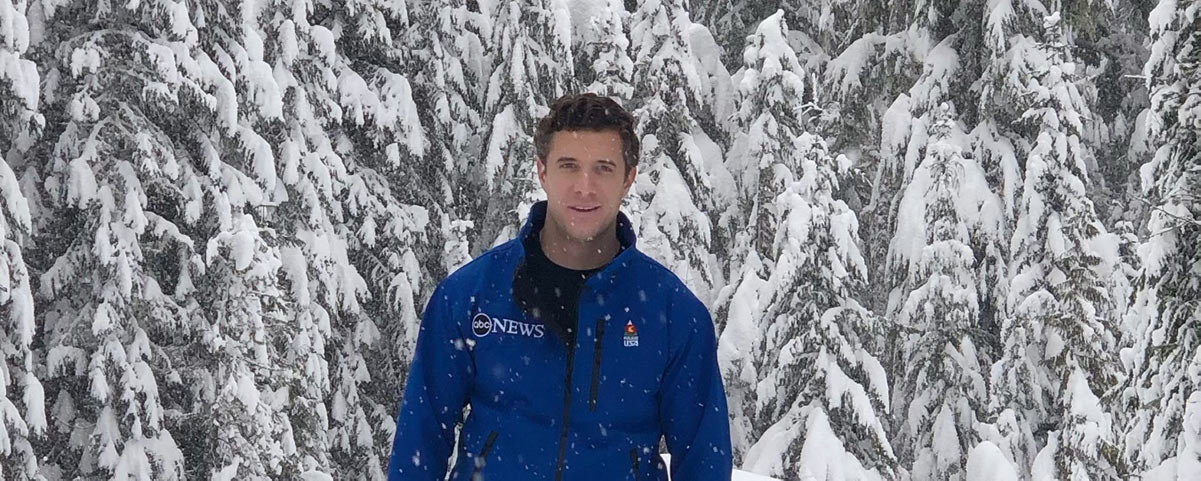 What has been your career path since graduating from UGA?
What has been your career path since graduating from UGA?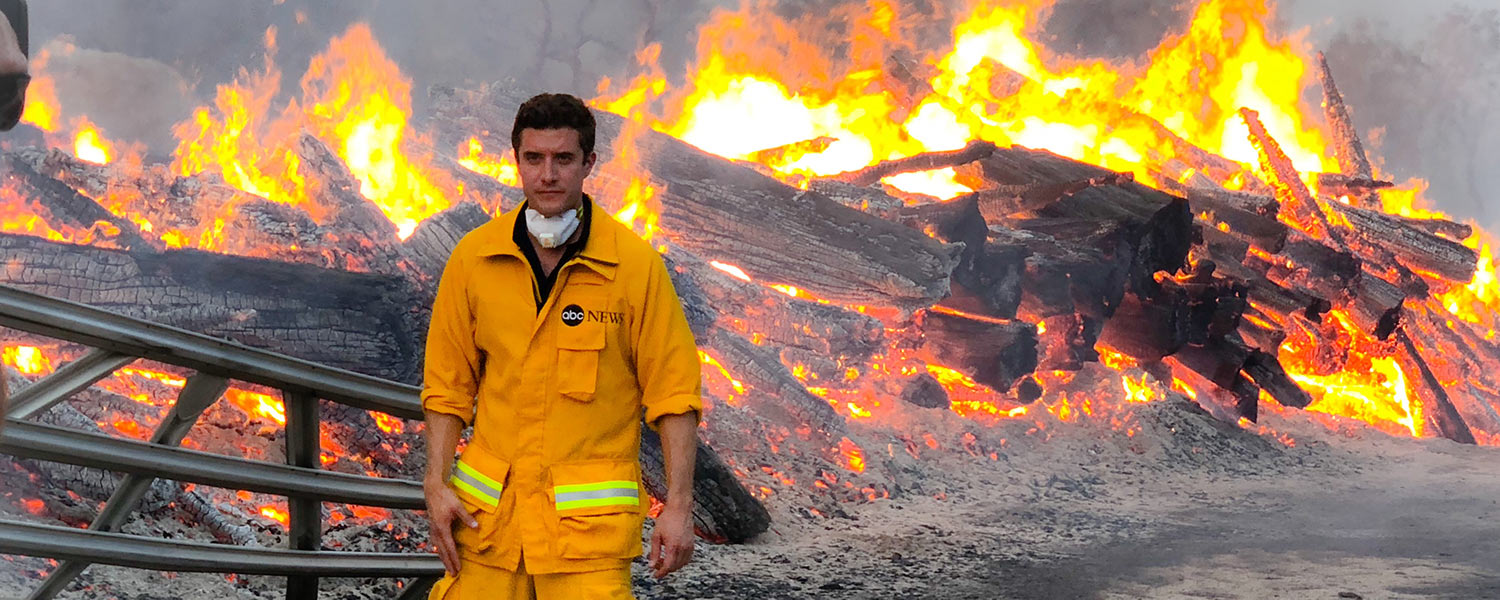 How do you stay prepared to travel and break a story?
How do you stay prepared to travel and break a story?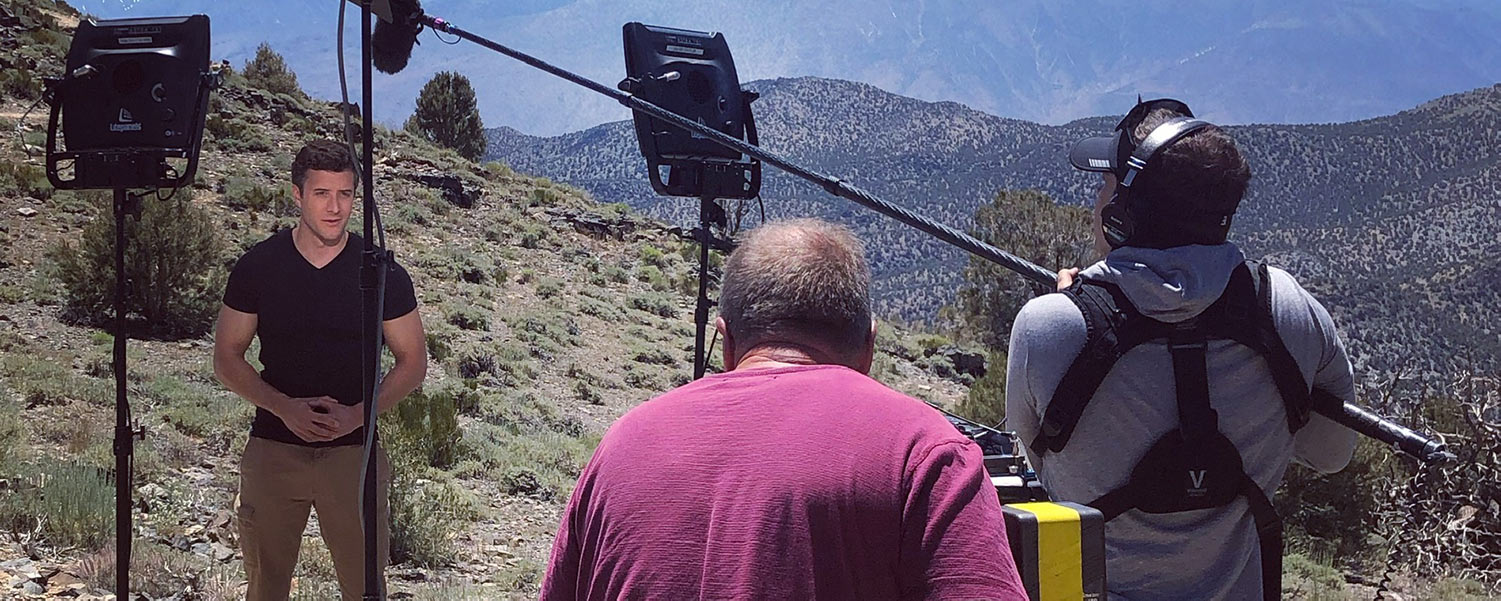 Do you have any other favorite UGA memories?
Do you have any other favorite UGA memories?